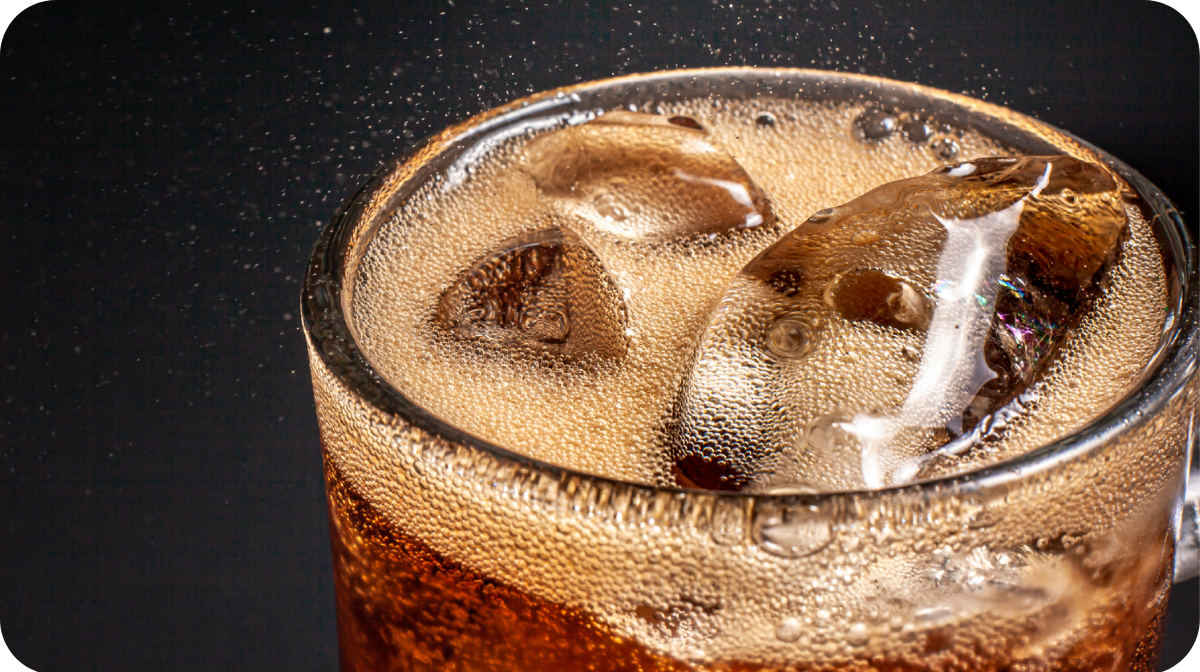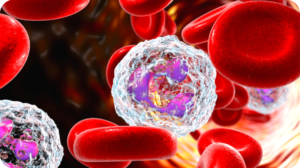New research recently presented to the American Society for Nutrition (but yet to be peer reviewed and published) may be bad news for soda drinkers. Led by researchers from the Harvard T.H. Chan School of Public Health, the study analyzed data from more than 90,000 women, aged 50 to 79. The data showed a significant increased risk for liver cancer among women who consumed at least one sweetened drink per day (that included any sweetened beverage, such as sweetened iced tea or sugar-added fruit juices, as well as sugary sodas).

The data showed that the risk increased with the number of sugary beverages consumed each day. Women who drank one or more per day increased their risk by 78 percent over those who drank three or fewer per month.
This is in line with the prevailing thought among cancer specialists and researchers. Many believe that refined sugar increases cancer risk, because pre-cancerous and cancer cells are much more metabolically active. Refined sugar increases blood glucose much more rapidly than other sources, feeding those cells.
The increased health risks from sugary drinks doesn’t stop at cancer. Anyone who regularly consumes highly processed sugary beverages has an increased risk of diabetes, obesity, and systemic inflammation. Reducing sugar intake is part of a healthy diet.
Refreshing Substitutions
There are many healthier options to processed sodas and added-sugar fruit drinks.
- Chef’s cocktail. This non-alcoholic alternative is extremely refreshing. Combine about an ounce of tonic water with a glass full of iced club soda. Add a squeeze of fresh lime. Especially good on hot days!
- Green tea. Hot or iced, this is almost as good a pick-me-up as a bottle of soda, with other potential health benefits.
- Fruit juice water. Add a dash of organic, pure fruit juice to a glass of ice water for a flavorful hydration blast throughout the day.
- Flavored seltzers. These mimic the experience of drinking soda, and the fruit flavor adds zest. Just be sure to check the label to ensure no sugar was added.
The FDA recommends that added sugars comprise less than 10 percent of total daily calories. For the average 2,000-calorie daily diet, that translates to about 50 grams, or roughly 12 teaspoons. For reference, the average full-strength (non-diet) can of soda contains about 35 teaspoons of added sugar.





